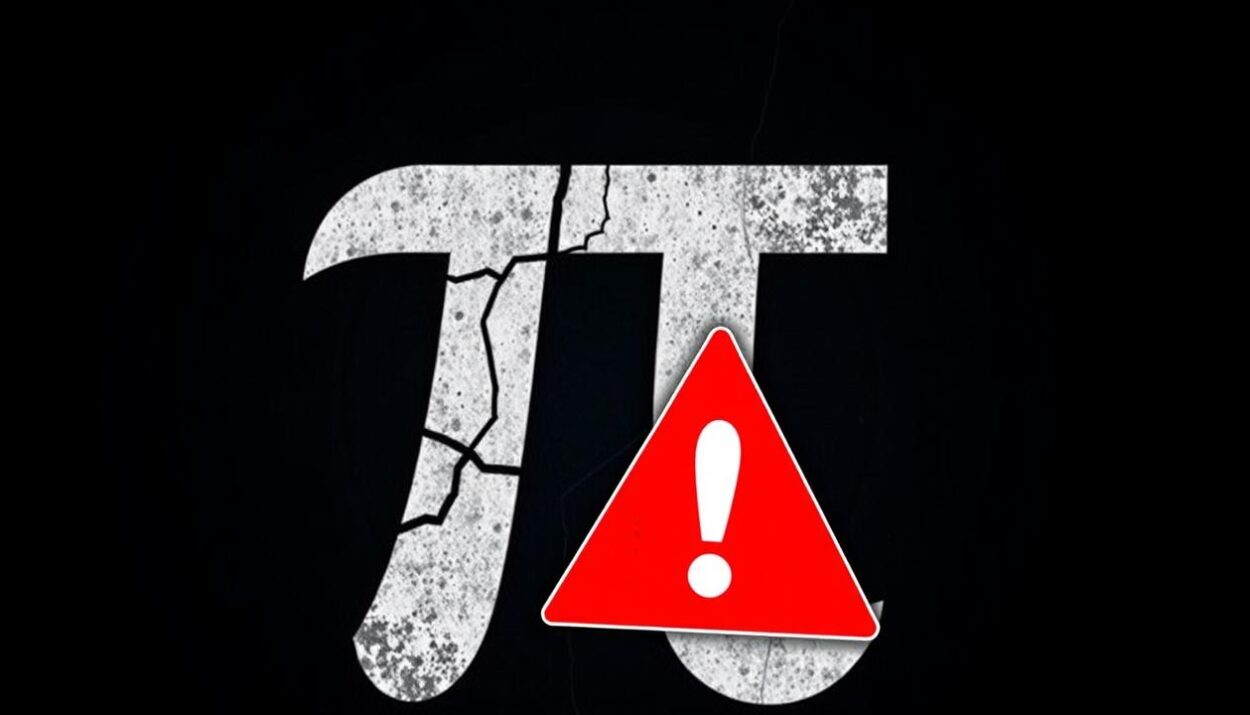Bybit CEO Accuses Pi Network of Being a Scam, Citing Police Report
Bybit co-founder and CEO Ben Zhou has made allegations against Pi Network, claiming it is a scam that preys on the elderly. Zhou’s comments came in response to a claim by an unofficial Pi Network technical team account, stating that Bybit was “rejected by Pi” to list on its exchange.
Zhou denied the claim, stating that Bybit had made no listing request to Pi Network. He then brought up a Chinese police report from 2023, which warned citizens about a virtual currency scam targeting the elderly through a “get rich overnight” scheme.
Police Report Warns of Scammers Using Pi Network
The Wuxi Public Security Bureau report described scammers using “π Coin” to lure in victims with promises of free mining by downloading an app on their mobile phones. The scammers would also offer lectures to the elderly, claiming that they could “recommend rebates” by developing downlines and reselling user personal information to defraud victims of their pensions.
The report stated that scammers would use free rewards and gifts to lure in victims, promising them a small amount of Pi tokens as a gift. They would then expand the victim group by rewarding people for recruiting more people and reselling users’ personal information to defraud them of their money.
Bybit CEO Affirms No Listing Plans for Pi Network
Zhou used the police report as the basis for his claims, reaffirming that Bybit would not be listing Pi Network in the foreseeable future. This decision is in contrast to other major exchanges like OKX and Bitget, which have listed Pi Network. Even Binance has started to test the waters by holding a community vote on whether to list the Pi Network.
Pi Network Co-Founders Discuss Mainnet Launch and Tokenomics
In an interview, Pi Network co-founders Dr. Nicolas Kokkalis and Chengdiao Fan elaborated on Pi Network’s model and mining mechanism shortly after the launch of the project’s mainnet. They explained that their goal is to ensure Pi remains stable by providing a fair and wide token distribution while facilitating real-world uses.
To ensure safety on the network, Pi Network implements actions like security circles, utility-based Pi apps, running nodes, and other precautions. Additionally, Pi users, known as Pioneers, are required to undergo an identity verification process before they can obtain Pi.
Pi Network Warns Users of Potential Scams and Bad Actors
Pi Network has warned users of potential scams and bad actors that claim to be affiliated with the project. The network urges its followers to check their official website for information on how to protect their Pi accounts and wallets.
At the time of writing, the Pi token has plummeted more than 50% in the past 24 hours, currently trading at $0.65 with a trading volume of $1.2 billion in the past day.
Tips for avoiding scams:
* Be cautious of “get rich overnight” schemes and promises of free rewards or gifts.
* Verify the authenticity of any project or individual claiming to be affiliated with Pi Network.
* Check the official Pi Network website for information on how to protect your account and wallet.
* Never pay a fee to participate in a project or invest in a cryptocurrency.
Stay up-to-date with the latest news and updates on the cryptocurrency market by visiting Global Crypto News.
























